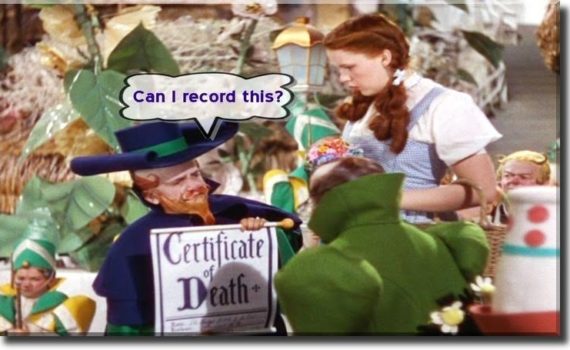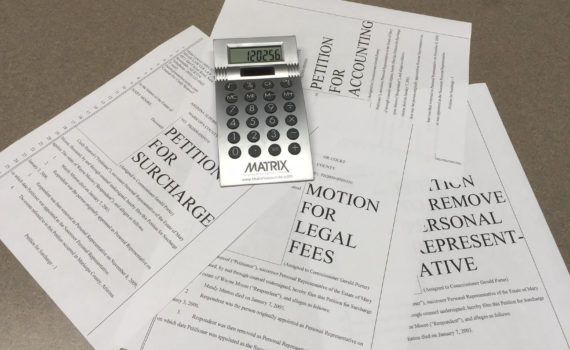
Will my kids be able to enjoy the same lifestyle?
“Will my kids be able to enjoy the same lifestyle as me?” That’s a question that many people worth $10 million U.S. or less have. How do I know this? Because I’ve been an estate planning attorney since 2001. A number of my clients are worth around $10 million. If your net worth is around $10 million, you’re pretty well off. But you’re not quite well off enough to put your children in a position that they will never have to work. (This is mentioned in a 2014 article in The Telegraph.) Also, if you’re living off investments, you realize that there’s always a risk that your investments could shrink in value.
But here’s the good news. There is something you can do. At least help your kids get the most benefit from their inheritance. The fact is that most kids of wealthy families squander their inheritance. However, I do have a couple of practical suggestions for you. Now I’m not a fan of quick fixes because usually they don’t work. But here are a number of specific things you can do to help ensure that your kids will be able to enjoy a good lifestyle after you’re gone:
Don’t give the money to your kids immediately when you’re gone.
It’s so common to have a will or trust that says something like “After I have died, I want everything to go to my children equally.” This might work for a very modest estate. But if your estate is worth over $500,000 I would draft the will or trust so that your wealth remains in trust for your kids’ benefit. They can receive discretionary distributions. You will have a neutral trustee to administer the trust. The trust language will encourage your kids to continue to be productive. This will help make the money last as long as possible. WHY IS THIS IMPORTANT? Because this is the only way to ensure that your kids don’t (a) squander their inheritance right away or (b) fight over how things are divided.
Be careful of Powers of Appointment.
One such potential landmine is what’s called a power of appointment. These are added to trusts for tax purposes. But they also allow the person with the power to change the beneficiaries. The result is it the love ones you want wanted to receive everything after you’re gone may end up getting nothing. (Obviously, your ability to help your kids enjoy the same lifestyle in the future is hampered if your wealth somehow gets transferred to someone else. You’d be surprised at how often this actually happens.) It’s probably best to have an estate planning attorney who also does probate litigation. Such an attorney is going to have a better idea of what actually works in the real world (in terms of drafting your trust and other estate plan documents).
Third, have an alternative dispute resolution provision in the trust and other documents.
Require that anyone who is to receive any benefits from the estate or trust agrees to at least attempt resolving issues without going to court. This will greatly reduce the likelihood of your loved ones having to hire attorneys to sort out legal issues after you’re gone.
Finally, make sure your trust appoints a trust protector.
his is a neutral person who can make changes as necessary. This is another way of preventing your loved ones from going to court to resolve conflicts. For example, if you choose one child to be trustee, maybe that child will make self-serving choices about dividing personal property (family heirlooms, etc.). This can cause enormous tension in the family. A trust protector can remove that child as trustee and insert a neutral trustee to dissolve the conflict.
This is just a short list of things you can do to help ensure that your kids will enjoy your same lifestyle after you’re gone. Having a neutral trustee is very important. People who suddenly come into money and up usually squandering it. There’s no perfect solution that fits every situation. But these are some steps that I have seen work time after time.
If you have any questions, call us at 602-443-4888 or email me at paul@magellanlawfirm.com.


























